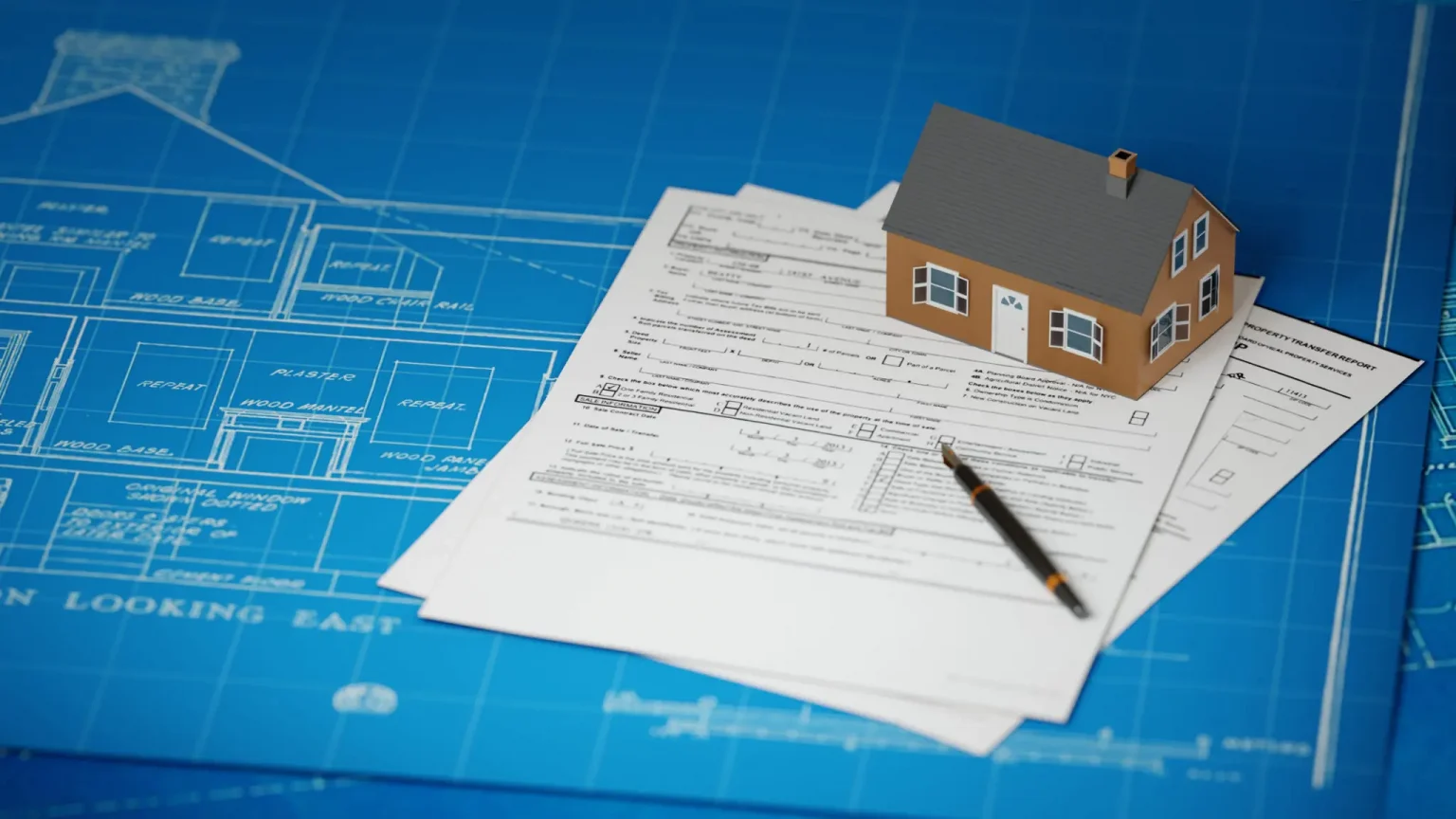From next month, new-builds will receive an energy efficiency ramp-up thanks to new building regulation changes put in place by the government.
Housebuilders in England are gearing up for 15th June 2022, when building regulation changes will put an even greater emphasis on eco-friendly, energy-efficient new-builds, extensions and alterations to properties.
The aim of the new guidance is to reduce carbon emissions from properties starting from how they are built. This includes improving ventilation, preventing buildings from overheating and providing infrastructure for electric vehicles.
It is a big step forward in making the country’s buildings more eco-friendly, in support of the government’s ‘Future Homes Standard in 2025‘. The building regulation changes will be relevant for newly built homes, non-domestic properties and new extensions.
Building regulation changes: are builders ready?
In line with the green agenda of the government right now, it will be mandatory for builders to cut carbon emissions in new homes by 30%. In other types of work, such as extensions, they must be cut by 27% from the June date.
The requirements will be phased in, so those who have already submitted a building notice, initial notice or full plan before 15th June can still adhere to previous regulations. This is under the assumption building work starts by 15th June 2023.
As an example, in terms of overheating in homes, builders will have to consider the size and orientation of glazing and compare glazing to floor area; or they will have to predict the risk of overheating and offer mitigation strategies.
Further to this, all new and replaced heating systems will have to be designed with a maximum flow temperature of 55 degrees Celsius.
According to a survey by the Federation of Master Builders, more than half (52%) of the country’s builders are unprepared or even unaware of the building regulation changes. To avoid being penalised, builders are now being urged to familiarise themselves with the changes.
New properties provide max energy savings
Energy costs are one of the most crippling of price rises in relation to the current cost of living crisis, with many households reporting they are unable to cover their bills. These building regulation changes will go some way towards improving ongoing living standards for many.
While new-builds can be more expensive than equivalent existing properties, the fact that they are already significantly more energy efficient, on the whole, is a huge selling point. Investors and buyers looking for effective investments will increasingly need to factor in eco credentials.
New research from Uswitch has put a price on the addition of certain energy-saving measures in people’s homes, after it revealed that searches for ‘eco homes’ increased by 550% over the past month.
It found, for example, that having category D double glazing in a property could cut energy bills by £140 a year, and could add £5,000 to a property’s value. LED lighting, which costs as little as £15 to install, could add £1,000 to a house’s value.
Florence Codjoe, mortgage comparison expert at Uswitch.com, said: “With current government schemes on offer, such as the boiler upgrade, amidst the rise in energy prices, now is the perfect time for those looking to make their homes more energy efficient to start making sustainable changes.
“While these ideas may not be financially accessible for everyone right now, there are smaller switches you can make such as switching to LED bulbs, positioning the rooms you spend the most time in towards the windows and washing your clothes between 20-30 degrees where possible.”
Of course, as most newly built properties come with a range of these energy saving measures, and more, buyers can be more confident that their investment will be future-proof. The building regulation changes will hopefully provide added momentum towards making the UK housing market greener.
BuyAssociation helps property investors find their next investment opportunity, with a focus on new-build and newly renovated properties. Get in touch to find out more.










